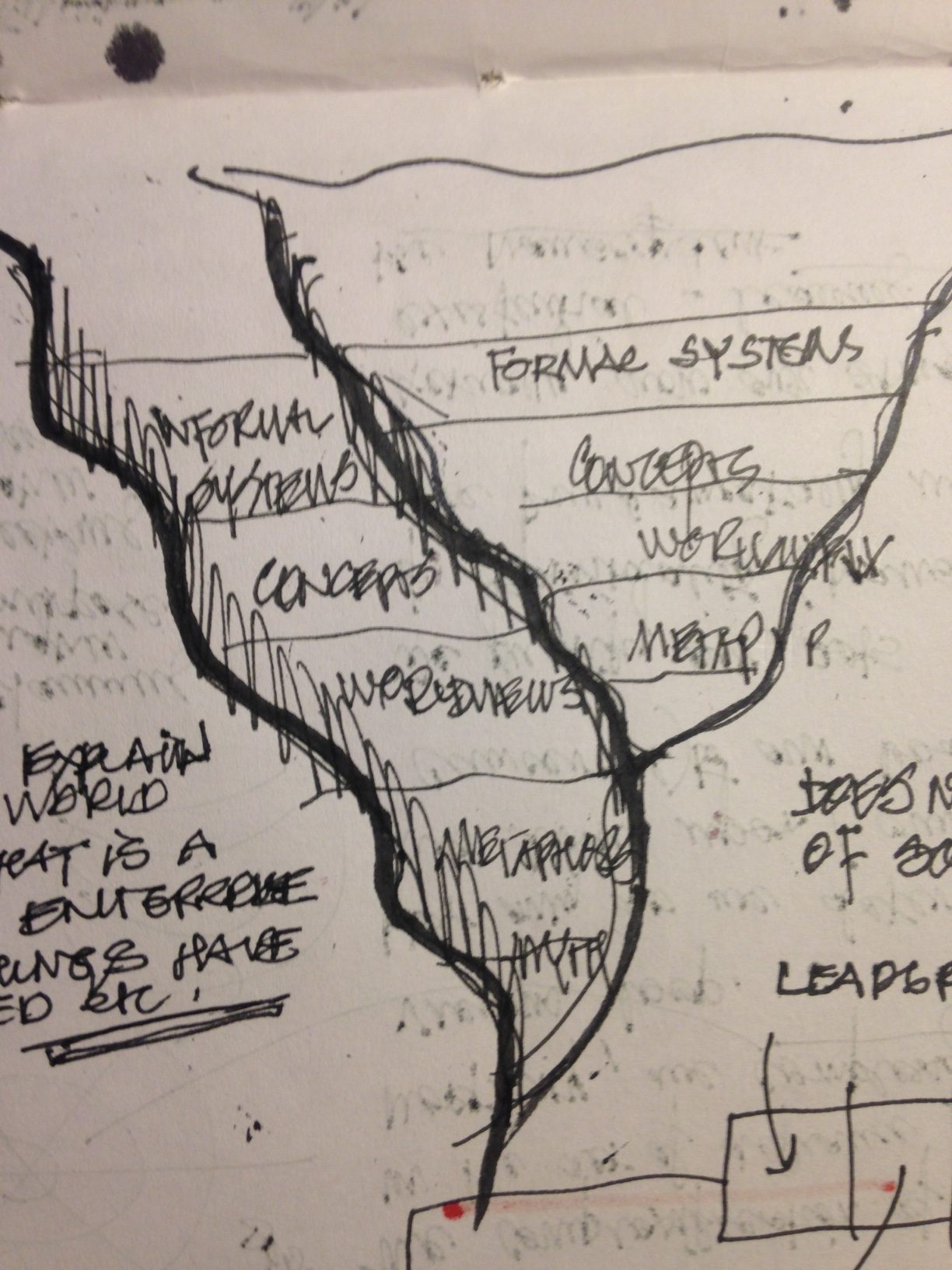An Upside to the Down – systems, foundational to Strategic Impact
The practice of Strategic Impact Making, particularly in complex contexts, touches on many bodies of knowledge and practices. However, this brief note talks about how Systems Practice is foundational to such work.
Assuming that all such work begins with a certain objective, an issue or challenge that needs addressing, the System/s associated with that issue become the ‘Text’ that one tries to understand and decipher.
The heart of the Systems Impact making task involves understanding the natural evolution of the system in the face of Contextual Forces and the kind of interventions one might or must make to shift the System’s trajectory in a desired direction, towards a better outcome.
In order to understand the impact of any system of forces, whether contemporary, emerging or future, one would need to have an understanding of how the system would behave in its interaction with those forces. It would naturally be impossible, for example, to say anything about the future of such a system, without that foundational understanding.
For complex systems that implies understanding the system in its many dimensions, at many scales – from micro to mega and the interactions among and between them.
It also implies understanding the Context. Now, there is usually much literature, of a generic nature about Contextual issues – such as one might find, the Future of an Industry, a Sector, or some other Social or Environmental issue as an example.
However, most such discourses are of a generic nature. They make claims that are varied, depending on who makes them and they change with time. They have implied in them ideological paradigms, worldviews etc., which might be worth examining critically.
However, they serve a limited purpose. The issue that you might be working on or interested in is often a specific issue, located in a specific local context. Understanding such an issue might benefit from the Generic descriptions mentioned above, but basing your actions purely on these would mot certainly be problematic and likely sources of serious error.
This is why an investment in discovering and understanding the systems you are engaged with is crucial. A deliberate attempt should be made in this process to correct for any errors in understanding by going broad and deep.
When dealiing with complex challenges, the discovery process leads to the uncovering of a complex reality, and an ecology of systems – wide in variety.
This uncovering turns your world upside down, but to borrow from an eponymous title of a book (Homer-Dixon – The Upside of Down), there is great strategic advantage in this process – An Upside to the Down.


Leave a Reply
Want to join the discussion?Feel free to contribute!